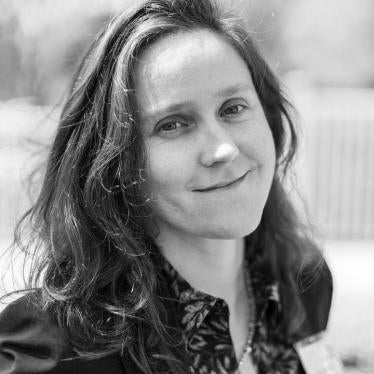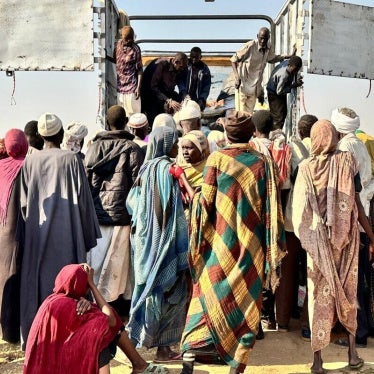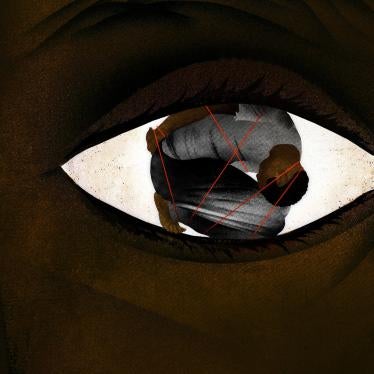In the dark of the hut, it is hard to see her, but the smell of death is unmistakable. The woman’s curled hand sticks out from beneath the bed she hid under in one last, futile act to save herself. Outside in the church compound, four other women lie dead, one with an obvious bullet hole in her head. In another room the bodies of six women lie in a mess of their embroidered sheets and foods, putrid body fluids and maggots that cover the floor.
Traveling around the South Sudan town of Bor, I saw scores of bodies and fresh graves. In the Block 10 neighborhood the bodies of a woman and a girl are rotting together in one room. “The woman stayed here because her daughter was sick,” a neighbor says. “But they were both killed by the rebels.”
Bor has seen four waves of fighting already since South Sudan disintegrated into conflict in December between loyalists to President Salva Kiir, a Dinka, and the rebel forces loyal to former Vice President Riek Machar, a Nuer.
Horrendous crimes have been committed here and across South Sudan, including in the capital, Juba, which saw widespread killing of ethnic Nuer by Dinka forces. Members of both ethnicities in several towns have been killed in cold blood.
Bor, a largely Dinka town, is perhaps especially sensitive. A massacre of Dinka in 1991 during Sudan’s long civil war by mostly Nuer forces resonates powerfully.
Accountability is crucial for South Sudan to move forward and stop the cycle of violence. A thorough impartial investigation, identifying the perpetrators, could help South Sudan break with the past and begin a healing process.
Authorities and human rights investigators tasked with conducting impartial investigations need to urgently document evidence. In Bor, evidence is literally disappearing into unmarked graves or as authorities and neighbors burn or bury bodies.
Of course, people need to bury the dead and begin the arduous process of rebuilding homes and lives, but there is essential work that needs to happen now. The dead should be carefully photographed and information catalogued, in the first instance to help family members identify their loved ones, but also to help investigators reconstruct the events. Mass grave sites should be marked and other important evidence, such as bullet casings or other munitions evidence, needs to be carefully collected by professionals.
South Sudan’s peacekeeping mission, present in Bor, should protect, preserve and document everything they can. And the independent commission of inquiry promised by the African Union must start their work quickly.








